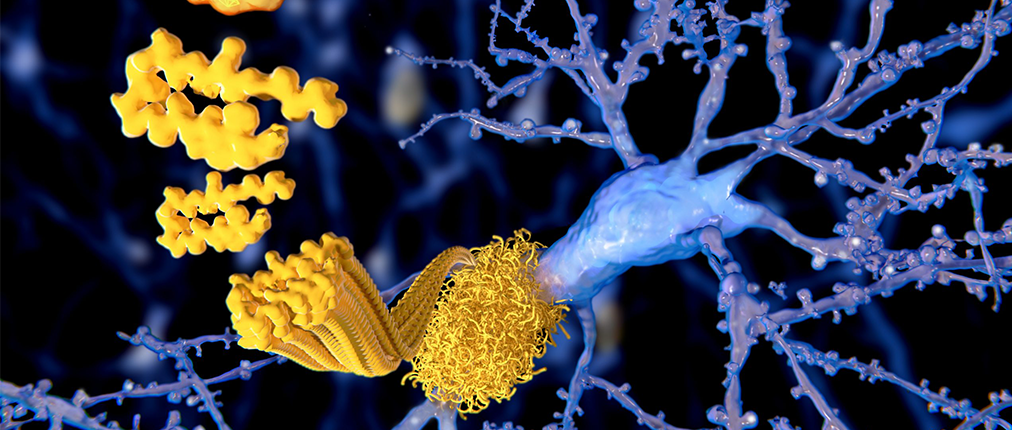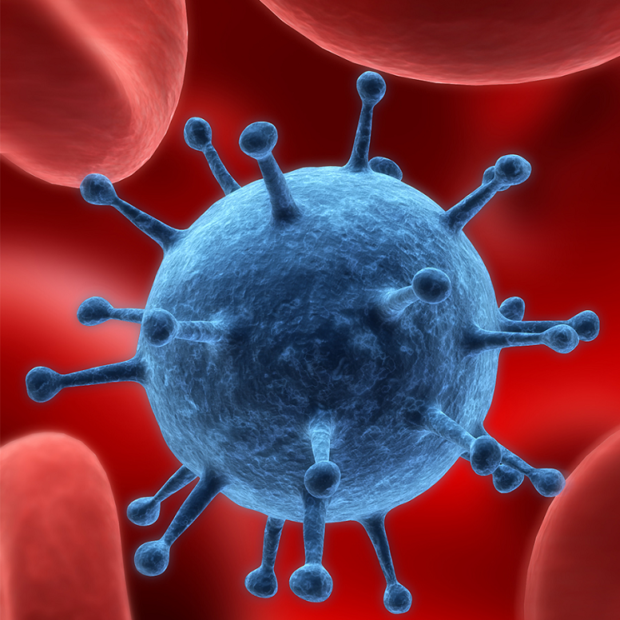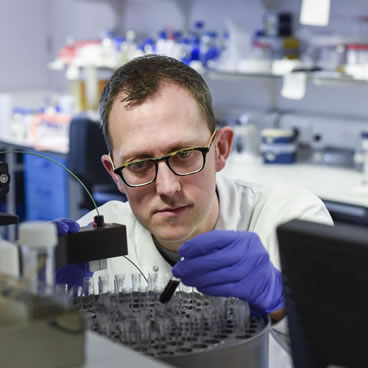Hartley News Online Your alumni and supporter magazine
Pioneering research led by Professor Roxana Carare and her team at the University is taking strides into finding treatments for Alzheimer’s disease, one of the most widely known and yet least treatable diseases.
Roxana’s expertise lies in brain fluids and her early research resulted in a breakthrough in linking Alzheimer’s disease with the elimination of waste from the brain. Unlike elsewhere in the body, the brain is not equipped with traditional lymphatic vessels and therefore has a problem eliminating waste. Roxana and her team showed that channels within the walls of the blood vessels act as the lymphatic drainage of the brain. These tiny channels are pathways through which soluble waste substances, such as the protein amyloid beta, drain from the brain in a process called Intramural Periarterial Drainage (IPAD). However, each channel is about a millionth of the thickness of a human hair and is easily destroyed by the stiffening of the blood vessel walls in ageing, hypertension and other metabolic risk factors. This in turn leads to the build-up of amyloid beta. The team demonstrated that the IPAD process fails with all the risk factors that are now known to be risk factors for Alzheimer’s disease.
Armed with this information, Roxana is concentrating on therapeutic options which could make the pathways better able to drain amyloid beta. One area of research, in collaboration with the Mayo clinic and teams in Spain and Romania, is looking at the use of chaperone molecules. “It’s at an early stage, but we’re looking to see if you can’t change the pathways, can you trick amyloid on the way through the pathway?”
A second area is looking to improve drainage by keeping the pump, the motive force for the pathways, healthier.
“The motive force is provided by the smooth muscle cells in the walls of the arteries, which pump to help with drainage. But as we age, these contractions decrease in amplitude, becoming less efficient. Through collaborations with Michigan State University and funding from Alzheimer’s Research UK and other agencies, we are looking at the sensors on top of the smooth muscle cells, which are druggable targets. If we can characterise their presence in an aged blood vessel, we can try and make them respond to a drug to make the smooth muscle cell contract again more efficiently,” she says.
As the brain blood vessels have the dual purpose of getting blood to nerve cells and draining waste, by targeting smooth muscle cells both functions might be improved. “We envisage a world where those with metabolic risk factors for Alzheimer’s disease, for example if they’re hypertensive or have diabetes, can start taking a drug that acts on the smooth muscle cells, and prevent both strokes and Alzheimer’s disease. We can treat those people in the hope of keeping the IPAD pathways healthy and preventing age-related conditions such as Cerebral Amyloid Angiopathy and Alzheimer’s disease.”
There have been some early successes with a drug that acts on smooth muscle cells, but it has certain contra indications, and Roxana’s work centres on finding an alternative, aimed at muscle cell sensors, that will have wider application. It is, however, still early days.
In addition, Roxana is working with industry on a vaccine for Alzheimer’s disease but against a different protein, Tau, which builds up in the nerve cells of the brain. She is also being sponsored to try and characterise how drugs enter the brain if delivered in the cerebrospinal fluid that bathes the brain. While not her main area of expertise, the research could be useful for Alzheimer’s disease treatments if it is found that drugs for Alzheimer’s disease could be delivered via the cerebrospinal fluid.
Roxana is very enthusiastic about her work. “New therapeutic options for neurodegenerative diseases really excite me. We are dealing with a branch of medicine where there is very little that works. We have made enormous progress with cancer sciences, but there still isn’t a single cure for any neurological disease.”
Much of the success is down to the University’s “fantastic interdisciplinary community,” concludes Roxanna. “As part of the Interdisciplinary Dementia and Ageing Centre (IDeAC) in the Institute for Life Sciences, I work with engineers, mathematicians and physicists and that’s really how we’ve found answers to these problems and built an international profile. People now come to us seeking a collaboration.”
Roxana will be speaking at our 70th anniversary celebration event on Saturday 14th May as part of the ‘Future of Medicine’ lecture. You can read more about our plans for the day and how to register for your place here.



